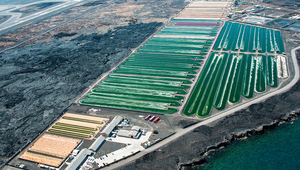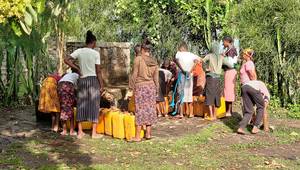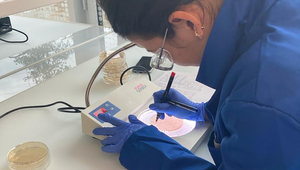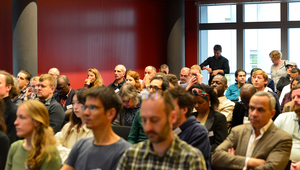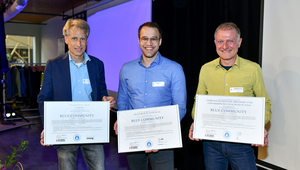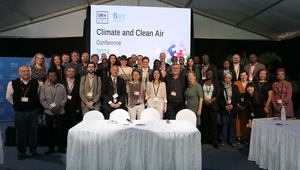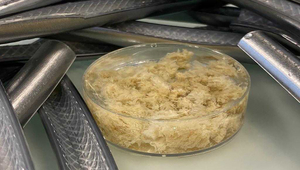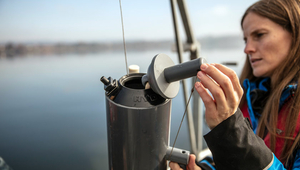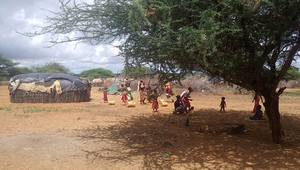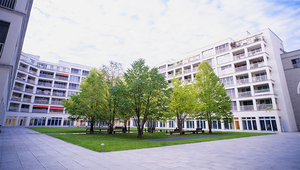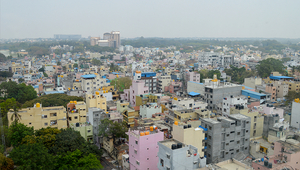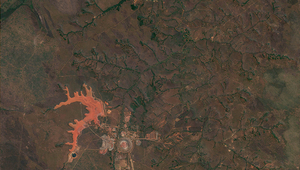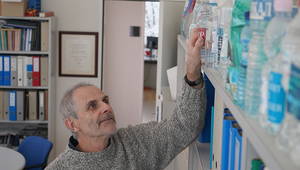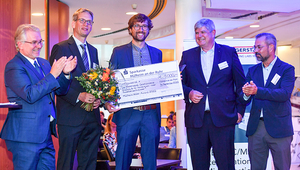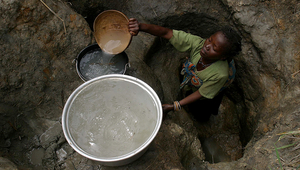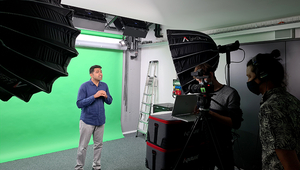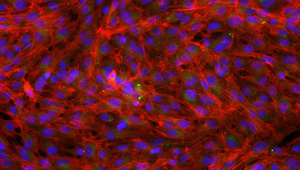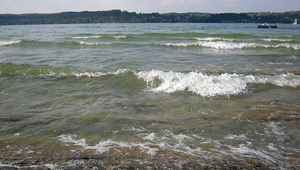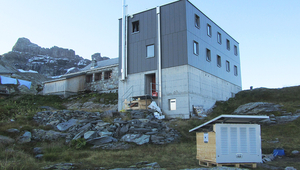News - Current Eawag contributions to the Sustainable Development Goals (SDGs)
December 17, 2024
October 31, 2024
June 6, 2024
May 17, 2024
March 22, 2024
February 29, 2024
December 8, 2023
October 17, 2023
September 19, 2023
September 14, 2023
August 22, 2023
June 27, 2023
April 13, 2023
March 6, 2023
January 10, 2023
January 9, 2023
December 15, 2022
November 21, 2022
November 15, 2022
September 16, 2022
August 9, 2022
July 28, 2022
July 18, 2022
March 22, 2022
February 10, 2022
February 8, 2022
February 4, 2022
November 17, 2021
November 17, 2021
September 23, 2021
September 15, 2021
August 17, 2021
July 8, 2021
June 24, 2021
June 18, 2021
June 2, 2021
June 1, 2021
March 30, 2021
January 29, 2021
January 21, 2021


